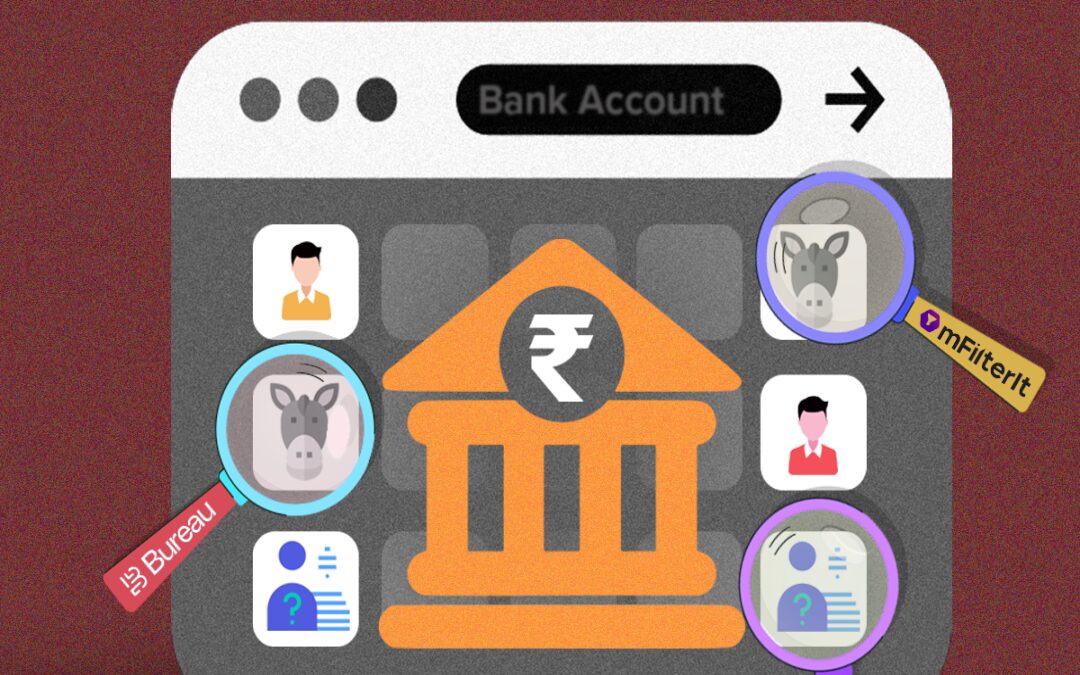The Reserve Bank of India (RBI) has issued a directive that all credit card bill payments must be processed through the Bharat Bill Payment System (BBPS) starting July 1, 2024. This significant move aims to enhance the security and oversight of credit card transactions but has stirred considerable concern within the fintech and banking sectors.
The BBPS, an integrated bill payment system operated by NPCI Bharat Bill Pay Limited (NBBL), will become the sole platform for processing credit card bill payments. This system supports various payment modes, including mobile apps, mobile banking, physical agents, UPI, wallets, cash, and more, providing a unified and secure payment interface. Despite its advantages, the transition has been slow, with only a few banks integrating with the BBPS so far.
The impact
The mandate could disrupt the operations of fintech companies like PhonePe and Cred, which facilitate credit card payments through their platforms. As only eight out of 34 credit card issuers have joined the BBPS, fintechs face the risk of losing a significant portion of their transaction volume.
Moreover, major banks such as HDFC Bank, ICICI Bank, and Axis Bank, which hold a large share of the credit card market, have not yet integrated with the BBPS. This delay creates uncertainty and potential inconvenience for millions of credit card users who rely on third-party platforms for bill payments. The reluctance of these banking giants to adopt the new system may stem from the substantial investment required and the potential loss of control over their extensive customer data ecosystems.
The objectives
The BBPS initiative is not just about streamlining bill payments; it represents a strategic effort by the RBI to centralise and monitor financial transactions more effectively. By mandating the use of BBPS, the RBI seeks to reduce fraud, improve transparency, and gain deeper insights into payment patterns. However, some industry experts question the timing and method of this initiative, suggesting alternative solutions like centralised online dispute resolution mechanisms might have been more straightforward.
In the short term, the delay in integration is likely to impact end-customers who prefer using fintech platforms for their convenience and ease of use. While they can still pay their credit card bills through traditional methods like NEFT, RTGS, IMPS, or standing instructions via their bank websites, the transition may cause temporary disruptions.
Also, the payments industry is anxiously awaiting any signs of an extension from the RBI. Fintech companies have appealed for a 90-day extension to allow more banks to join the BBPS network. However, no official response has been announced yet.
The RBI’s BBPS mandate represents a bold step towards enhancing the security and efficiency of credit card transactions. While it poses challenges for both fintechs and banks in the short term, its long-term benefits could transform the landscape of digital payments in India. The coming months will reveal how the industry adapts to this significant regulatory shift and whether the anticipated benefits outweigh the initial hurdles.











